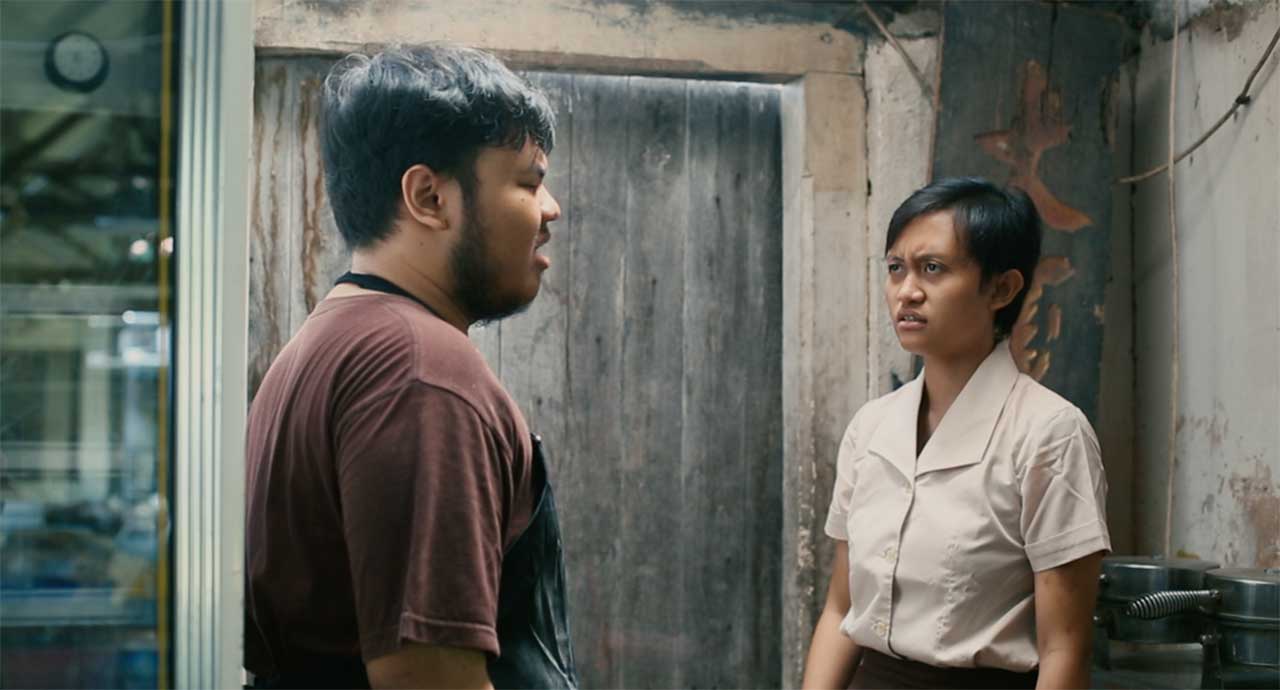Spaces of Separation: SEA Short Film Programme 2
What happens when we are removed from the familiar? Programme 2 explores the weight of separation as it unfolds differently within the lives of different individuals.
Films in this programme
Prelude to the General (Pimpaka Towira, Thailand)
Anchorage Prohibited (Chiang Wei Liang, Singapore/Taiwan)
Arnie (Philippines, Taiwan)
In the Year of the Monkey (Wregas Bhanuteja, Indonesia)
Taste (Le Bao, Vietnam)
In this collection of short films, the works are sewn together by the weight of separation that forces its victims to navigate unfamiliar spaces and situations. Through the journeys of our protagonists, it becomes clear that these separations are the result of desperation for safety or stability. As they struggle to stay afloat in the hopes of a better tomorrow, these films illuminate individual lives in a common milieu of sacrifice and suffering – not for themselves, but for their loved ones.
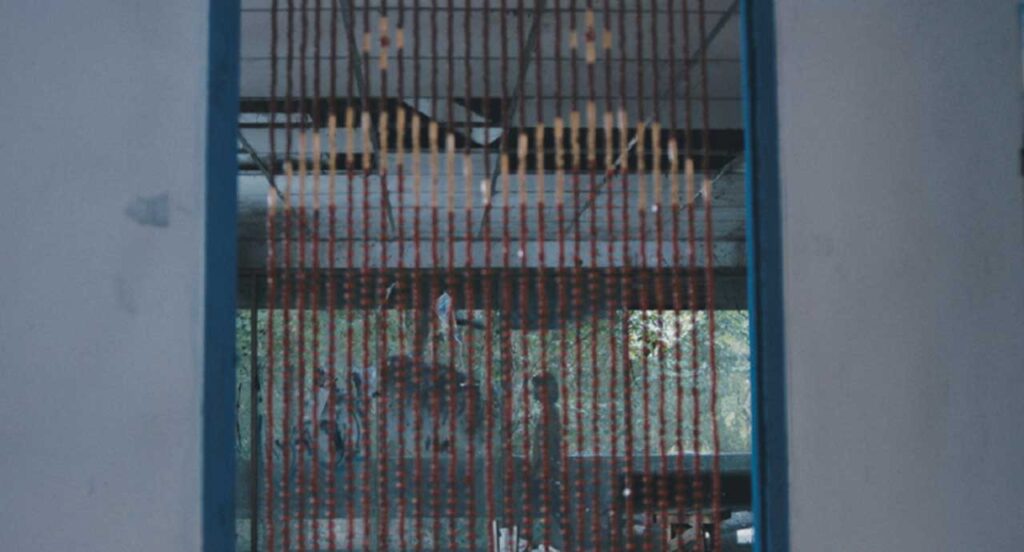
Our journey into Southeast Asia begins in an unidentified space in Thailand. In Pimpaka Towira’s Prelude to the General, The camera leads us through the journey of two women inhabiting and exploring where the real and the fictional blur. As we navigate this space with them, this beautifully-shot film leads the audience to experience separation taking shape in different forms: between the real and unreal, between danger and safety and between who is kept alive and who must be made to die.
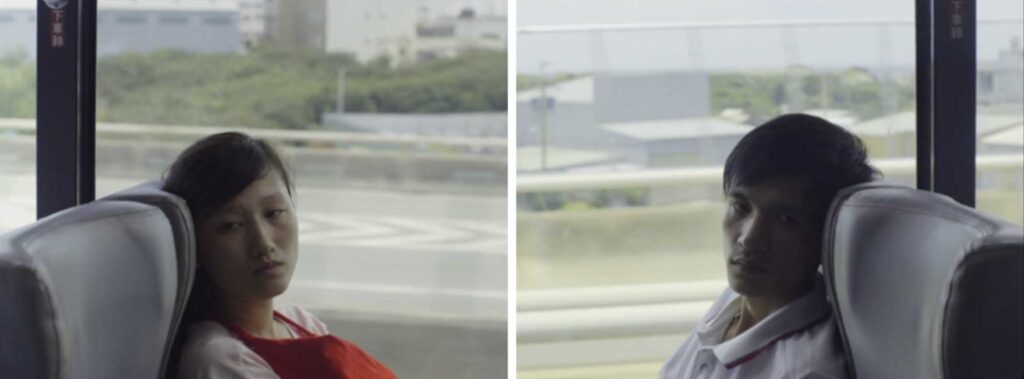
Next, the programme shifts to explore hopelessness in the story of two Vietnamese immigrants struggling to find work in Taiwan. As they wander around in growing desperation when they realise they cannot settle down on this land, we barely hear from the male protagonist, even as he is bullied into giving up his money and scolded by his partner. His silence is contrasted by the cries of their newborn, which pressures the silent male protagonist into ending a life on this land as a possible way out of this desperation. In Anchorage Prohited, Chiang Wei Liang uses land and language as powerful barriers to separate our protagonists from their surroundings. But also uses life in the form of a newborn child as an equally powerful reminder to our protagonists (and the audience) that perhaps desperation and death should not be a natural progression.
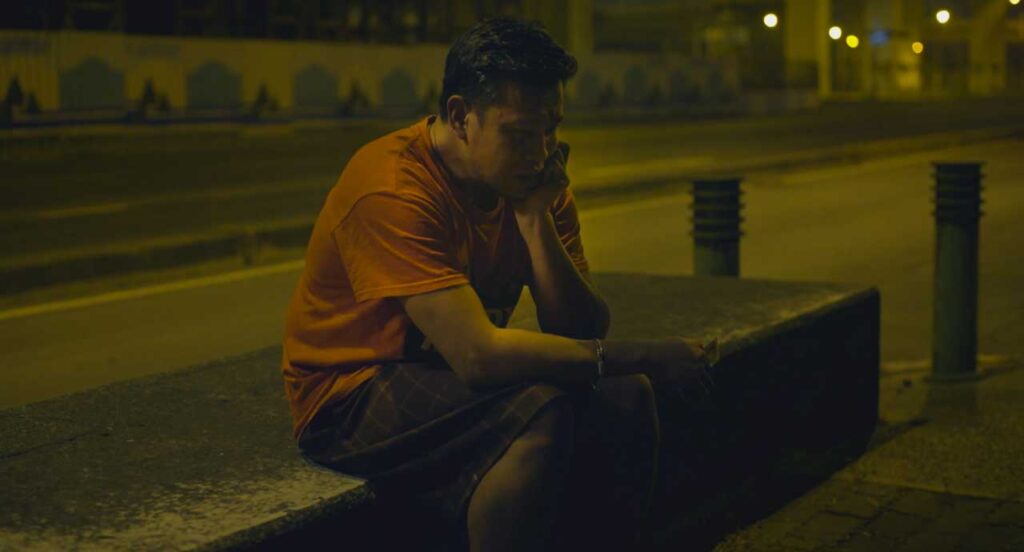
The programme continues in Taiwan with the story of Arnie, a Filipino seaman, heartbroken by his cheating girlfriend back home. As he searches for solace, his loneliness and heartbreak is only repeatedly amplified through the rowdiness of his friends trying to console him, the unnerving demands for money when he calls home, and one sorrowful moment where he sits by the sea to sing and cry. But as Arnie is given a chance to step out of his sadness, his identity as a foreigner pushes him to the edge. In the end, he faces the same troubling plight as so many other seamen before him, as ‘Arnie’ becomes just another name on the wall of a ship. What’s important about Arnie as a film is how it highlights the hardships of those we do not see – foreigners in far-away places working odd hours. Through Arnie, we finally witness the stories of those most easily forgotten.
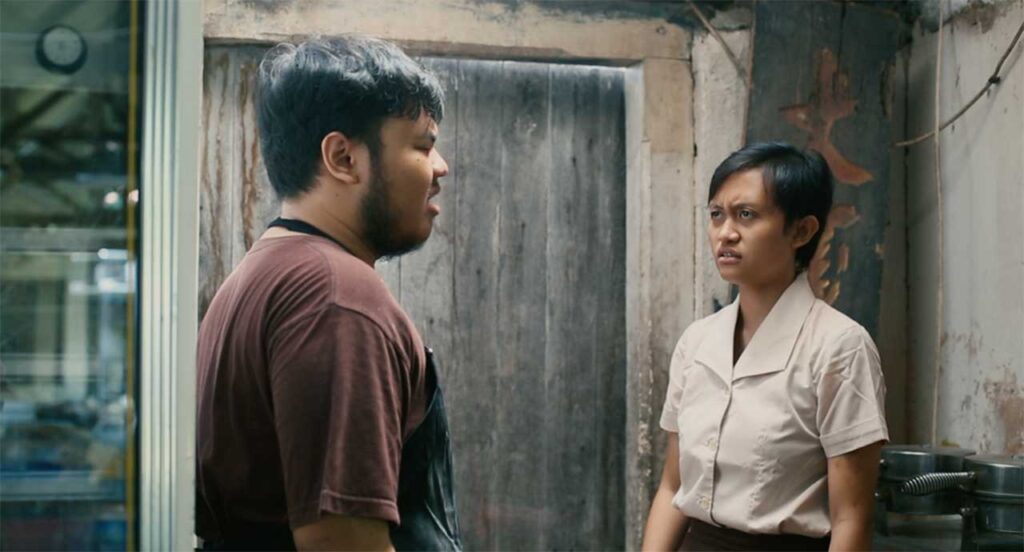
As we shift over to Indonesia, we find ourselves at the back of a pizza shop with Diah and Jarwo. Diah is desperate for money, and makes Jarwo an offer he can’t refuse – a chance to see her private parts. Throughout Wregas Bhanuteja’s In the Year of the Monkey, Diah continuously conceals her circumstances behind her desperation for money, but continuously reveals how desperate she is for more rupiahs, eventually accepting an offer from Jarwo that she can’t refuse – a chance to earn more money. As our curiousity behind Diah’s desperation grows, it is resolved when they leave the restaurant to go home. Without the money, a large gate will continue to physically separate Diah from her home and her family. While the gradual reveal of Diah’s secret seems anticlimactic at first, as the film ends on Diah with her loved one, we are led to wonder about the different, quiet ways a family can silently sacrifice for each other.
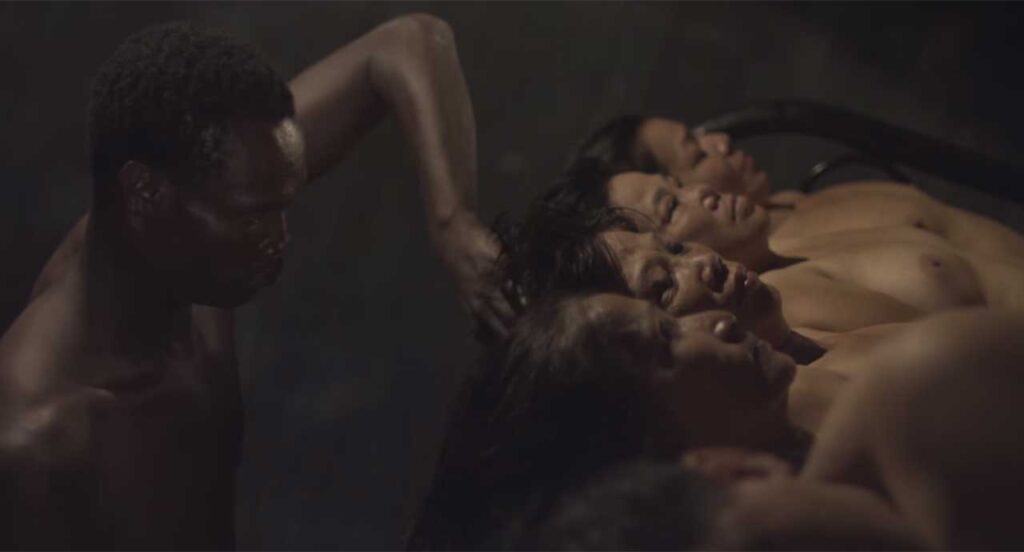
We end our Southeast Asian journey in Vietnam with Taste, a visually rich film that explores the underground life of a Bassley – a Nigerian forced into sex work in a Vietnamese sex parlour to provide for his family back home. As he silently goes about his duties of servicing, he is slowly and almost-painfully reduced into a character whose days and nights blur in a place separated from the light of the sun. In this short film, ideas and events in life are turned into representations through the use of dark caves, nude women, and a giant swordfish to keep the audience curious and keep the curious watching.
Throughout this collection of Southeast Asian short films, we experienced how separation weighs down on our protagonists in ways that we wish would only take place in fiction. Through their forced disconnections, many of us in the audience are finally allowed a connection into the lives of individuals in the region. Through stories from Thailand, Taiwan, Indonesia and Vietnam, we are forced to confront how different lives in different spaces are still embedded in a common milieu of sacrifice for security and stability. These are sacrifices that will continue to happen and should not be forgotten – this is the importance of Southeast Asian short films.


